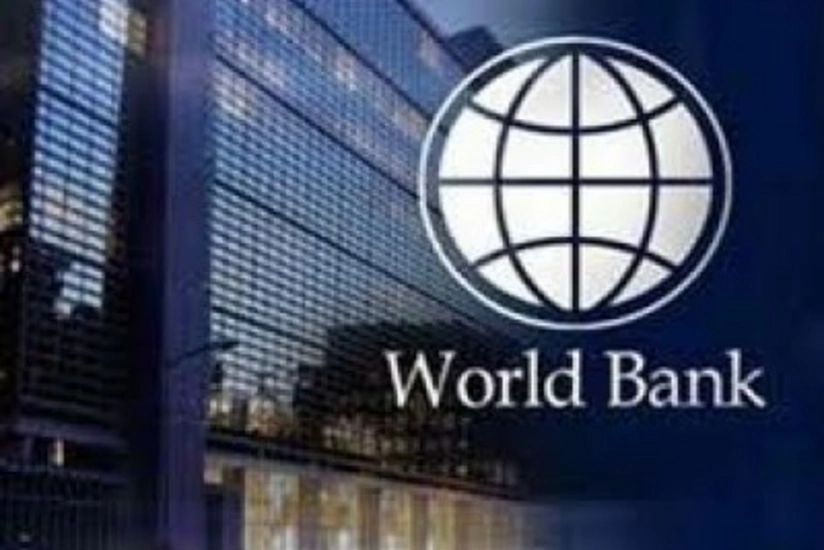World Bank predicts record price crisis in 2022
- 28 April, 2022
- 12:20

The World Bank (WB) predicts a historical increase in world prices for energy (50%) and non-energy goods (20%) in 2022 due to the situation around Ukraine.
Report informs citing TASS that the April report (Commodity Market Outlook) says the conflict has triggered serious supply disruptions.
"At the same time, the development of the situation in the commodity market largely depends on the duration of the conflict in Ukraine. Russia and Ukraine are major global exporters of fossil fuels, fertilizers, grains and metals. The commodity market has already experienced rising prices and demand against the background of the post-COVID recovery of the global economy, and the situation in Ukraine exacerbated the price crisis," the report reads.
According to WB analysts, this year the price of Brent oil will reach its maximum since 2013 and will amount to $100 per barrel, which is 42% higher than the average annual price for the last year.
"Overall, changes in nominal prices between April 2020 and March 2022 led to the largest increase in energy prices since the rise in oil prices in 1973," the report notes.
Prices for non-energy goods will rise by about 20%, the report says. Thus, the expected increase in the price of wheat is more than 40%. Experts call the use of additional territories for food production a possible way out of the food crisis and call on world politicians to protect, first of all, the low-income population from rising prices.
As for the reaction to the crisis in the energy sector, WB analysts note that the governments of many countries have resorted to a policy of tax cuts and subsidies. According to the WB, these measures, although they will help to somewhat alleviate the situation in the short term, will only exacerbate the problem in the future, as they will increase demand for fuel and exacerbate the shortage. The expansion of sanctions against Russia could lead to serious disruptions in the fuel market. The authors of the report do not see an equivalent replacement for Russian gas and oil since alternative fuel supply options are associated with higher transportation costs and are limited by the lack of the necessary infrastructure for this.
"OPEC's spare capacity may actually be less than its estimate. The US shale industry cannot increase production volumes, as it is already facing problems in the form of a shortage of labor and other resources," experts say.
